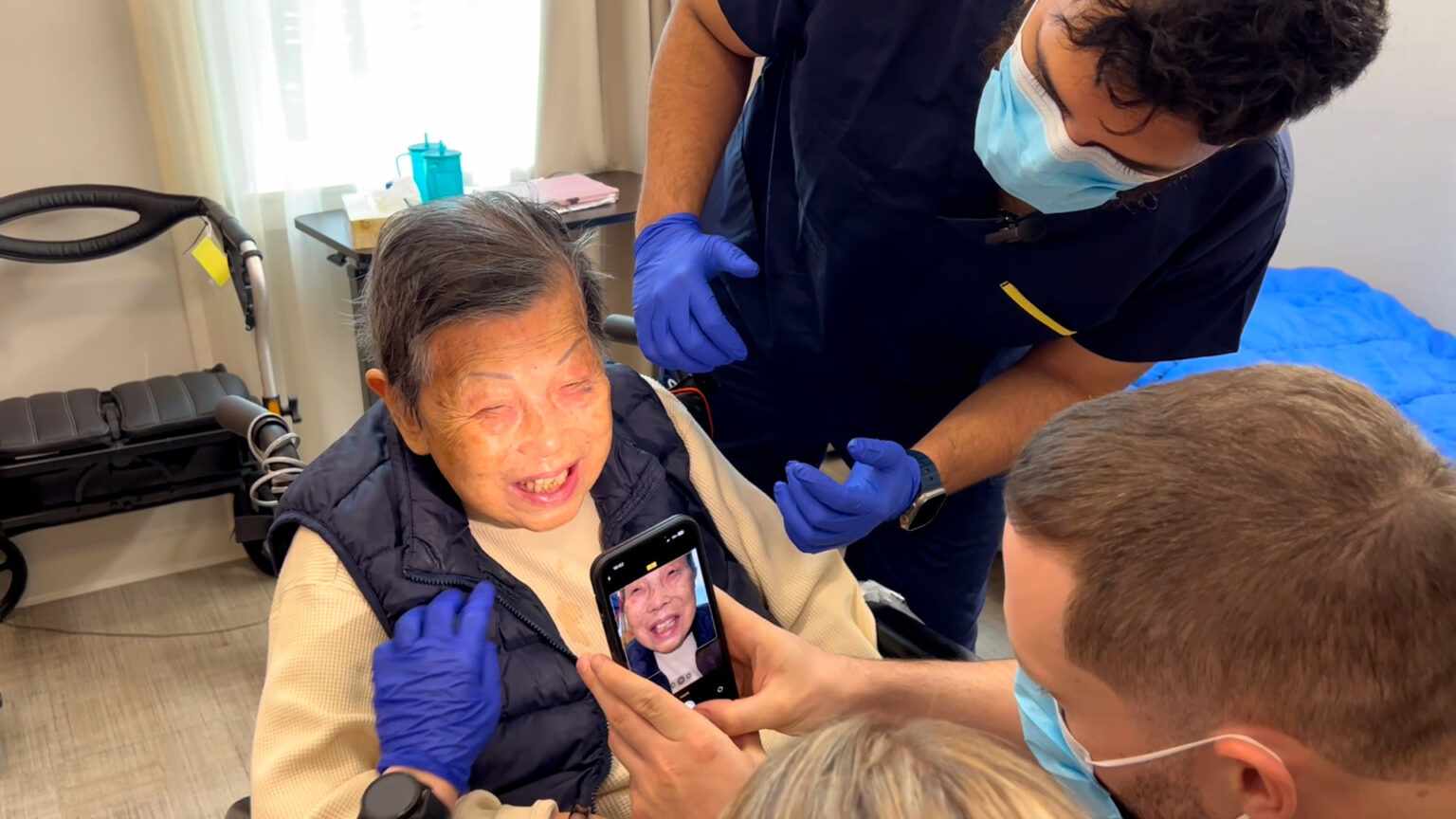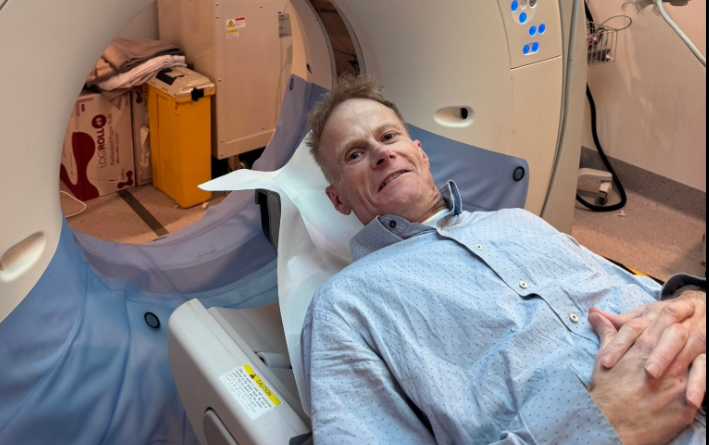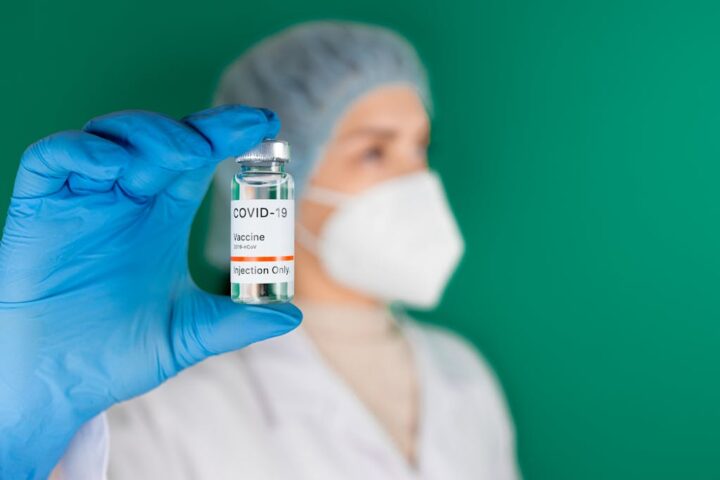A secure mobile app developed by the University of British Columbia is changing how dental care reaches seniors in long-term care facilities. ToothPortal, created by UBC’s Geriatric Dentistry Program, allows caregivers to upload photos of oral health issues along with medical histories directly to dental professionals for assessment.
Dr. Chris Wyatt, director of the UBC Geriatric Dentistry Program, explains that moving frail seniors from care homes to dental offices often involves significant challenges. “Transferring a patient from long-term care to a private dental office or UBC dental clinic is very difficult,” says Wyatt. The process typically requires family members to transport patients across the Lower Mainland—sometimes traveling up to two hours each way—for an initial examination, then return later for actual treatment.
ToothPortal can eliminate the need for the first ‘look-see’ appointment. The app guides users through submitting photos of the mouth, personal information, and relevant medical history to UBC’s servers. From there, dental professionals evaluate the case and determine how urgent the situation is.
The program is also serving as a training ground for future dentists. Since January 2025, supervised third-year UBC dental students have been using the app to screen patients in long-term care facilities. They collect high-quality images and patient information, which is then triaged by the dental team and passed to fourth-year students who provide the necessary treatment. This creates what Wyatt calls “an end-to-end educational experience” that takes students from digital assessment through hands-on care.
Similar Posts
The app has already shown real-world benefits. In September 2024, the program handled its first live case when a nurse sent photos of a patient’s broken front tooth and denture. The dental team marked the case as urgent, scheduled an appointment for the following day, and completed both tooth extraction and denture modification in a single visit.—a process that would typically require multiple appointments.
Feedback from caregivers highlights faster response times and fewer emergency dental visits. Students report that having images and patient information before appointments helps them prepare more effectively for treatment.
The global teledentistry market is growing rapidly, valued at approximately US$2.02 billion in 2024 and projected to reach US$4.8 billion by 2030—an annual growth rate of 15.3 percent.
ToothPortal grew out of pandemic-era necessity when in-person visits were restricted. During that time, nursing staff and family members were sending digital images via text messages and making phone calls for dental advice. “We thought, ‘There’s got to be a better way of doing this,'” Wyatt recalls.
Looking ahead, Wyatt sees potential for broader applications. The teledentistry app could be adapted for use by community dentists for patient triage. In remote areas, nurses could use it to consult with dental professionals and determine whether patients need to be transported for treatment—potentially saving costly and difficult travel for some seniors.
The UBC Geriatric Dentistry Program, which has been operating since 2002, currently serves 27 facilities with a team of dentists, hygienists, and certified dental assistants.


















